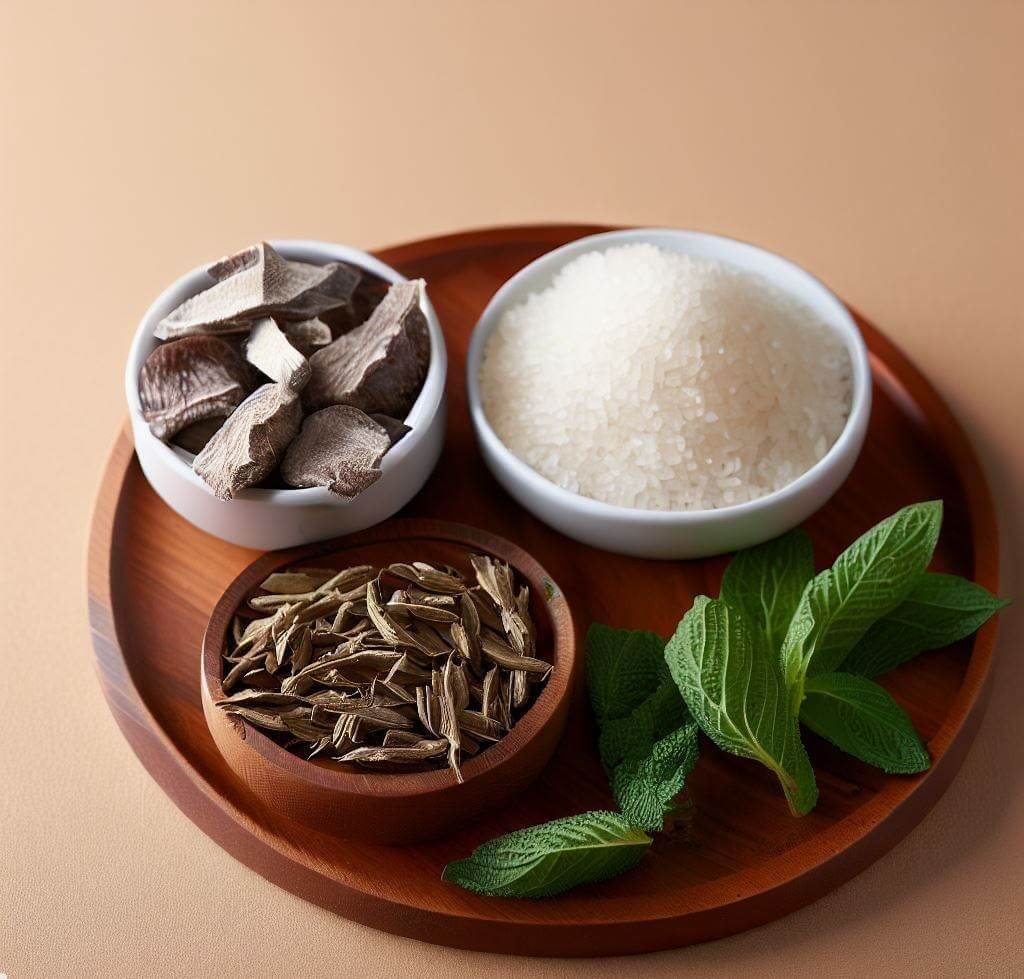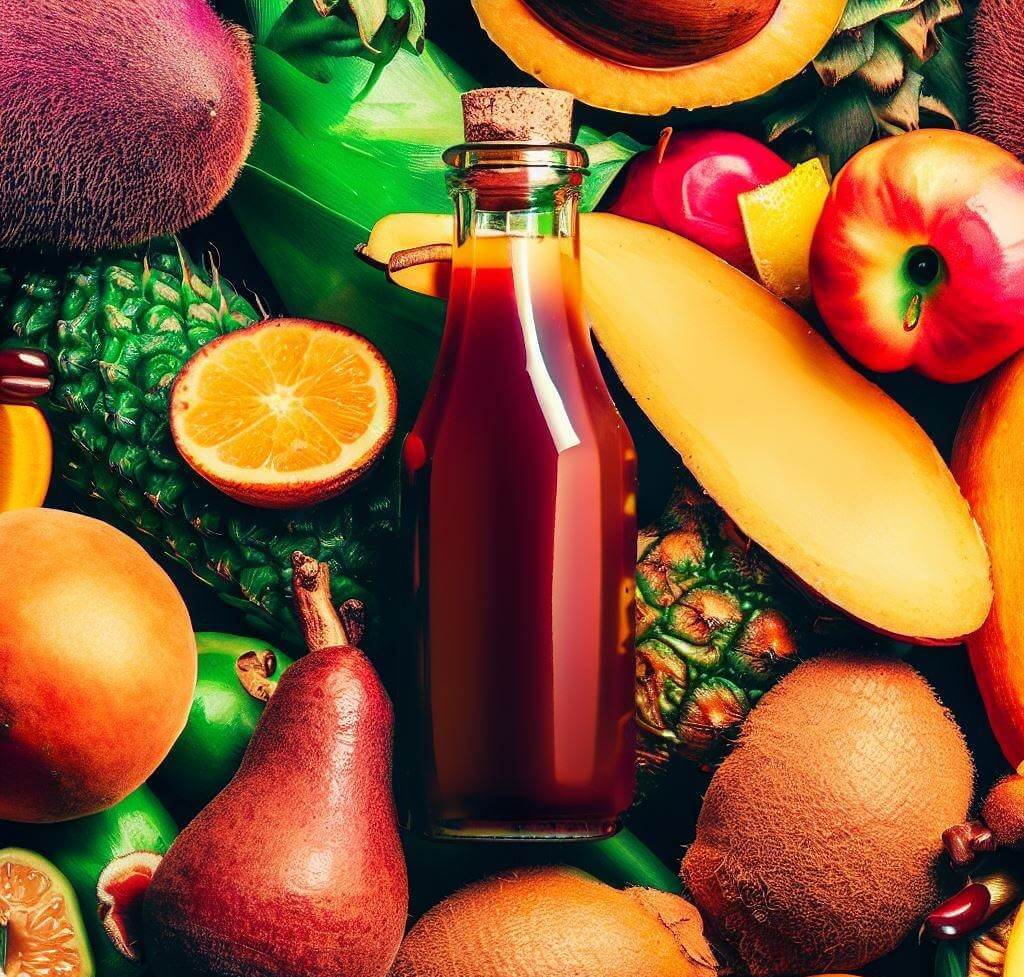Life with diabetes can feel like a constant balancing act – especially when it comes to your diet. A major culprit that can swing that balance out of whack? Sugar. While it’s a simple pleasure that adds sweetness to our foods, it can also cause a sudden surge in blood sugar levels for those living with diabetes. That’s why finding safe, delicious sugar substitutes is a game-changer.
Introduction: The Issue with Sugar for Diabetics
Sugar, specifically the refined white kind that’s commonly used in our kitchens and found in many processed foods, is high in carbohydrates. When consumed, it gets rapidly absorbed into the bloodstream, causing a spike in blood glucose levels. For people with diabetes, this can be troublesome, as their bodies struggle to produce or use insulin effectively. The result? Uncontrolled blood sugar levels that can lead to short-term health issues like fatigue and long-term complications like heart disease.
But does that mean life has to be less sweet? Absolutely not! Thanks to a host of incredible sugar substitutes, you can enjoy your favorite treats without sending your blood sugar into overdrive.
Why Look for Sugar Substitutes
Reducing sugar intake doesn’t just help with diabetes management – it’s a smart move for everyone. Consuming excess sugar has been linked with various health problems, from obesity and heart disease to certain types of cancer. Plus, it can lead to weight gain and tooth decay.
What to Consider When Choosing a Sugar Substitute
With a variety of sugar substitutes on the market, choosing the right one can feel overwhelming. Here are some factors to keep in mind:
Blood Sugar Impact
Choose a sweetener that has minimal impact on your blood sugar levels. Some artificial sweeteners may be free of carbs and calories, but they can still cause a blood sugar spike or even affect insulin sensitivity.
Sweetness Level
Sweeteners come in various sweetness levels, some even sweeter than regular sugar. You’ll need less of these to achieve the same level of sweetness, which is something to consider, especially when using them in your recipes.
Aftertaste
Some sweeteners can leave a lingering aftertaste. Depending on your preference, you might want to try out a few to see which one you enjoy the most.
Availability and Cost
Some sweeteners might be harder to find or costlier than others. If you plan on using a sugar substitute regularly, make sure it fits within your budget and it’s easily accessible.
The 5 Incredible Sugar Substitutes
Let’s explore five sugar substitutes that are popular among individuals with diabetes due to their low glycemic index (GI), meaning they don’t spike blood sugar levels as much as regular sugar.
1. Stevia
Derived from the leaves of the Stevia rebaudiana plant, stevia is up to 300 times sweeter than sugar but has zero calories and minimal impact on blood sugar. It’s available in liquid, powder, and granulated forms, making it versatile for various culinary uses. However, due to its intense sweetness, it’s best used sparingly.

2. Erythritol
Erythritol is a sugar alcohol that’s naturally found in some fruits and fermented foods. It contains only 6% of the calories of sugar but retains 70% of the sweetness. An advantage of erythritol is that it doesn’t spike blood sugar or insulin levels and doesn’t cause tooth decay. You can use it in baking and cooking as a one-to-one replacement for sugar, but remember it might have a cooling sensation on your palate.
3. Monk Fruit Sweetener
Monk fruit sweetener is derived from monk fruit, a small, round fruit grown in Southeast Asia. This sweetener gets its sweetness from an antioxidant called mogrosides. It’s zero-calorie, zero-carb, and won’t raise your blood sugar levels. Monk fruit sweetener works well in tea, coffee, and certain baked goods. But, like stevia, it’s many times sweeter than sugar, so adjust your portions accordingly.
4. Xylitol
Xylitol is another sugar alcohol, sourced from the fibrous parts of fruits and vegetables or extracted from birch wood. It has 40% fewer calories than sugar and a minimal impact on blood sugar, thanks to its low glycemic index. Xylitol is often used in sugar-free gum, mints, and dental products because it can help prevent tooth decay. While it can be used in cooking and baking, it can cause digestive issues if consumed in large amounts.
5. Yacon Syrup
Yacon syrup is harvested from the yacon plant’s roots, a species native to South America. The syrup has a taste similar to caramel or molasses and has about one-third of the calories of regular sugar. It’s low on the glycemic index and has been found to assist in weight management. However, yacon syrup isn’t as sweet as sugar and might not be the best choice for baking due to its consistency.
Integrating Sugar Substitutes into Your Diet
Integrating these sugar substitutes into your everyday meals and snacks can be a simple and enjoyable process. Here are a few quick ideas:
- Beverages: Add Stevia, Monk Fruit Sweetener, or Erythritol to your morning coffee or tea. They dissolve quickly and add a sweet flavor without the calories or carbs.
- Baking: Try using Xylitol or Erythritol in your baking recipes. They have similar properties to sugar and can be used in a one-to-one ratio.
- Cooking: Use Yacon Syrup to sweeten your sauces or marinades. Its molasses-like flavor can add depth to a variety of dishes.
- Snacks: Look for snacks sweetened with these substitutes. Many brands now offer ‘sugar-free’ or ‘low-carb’ options. But, remember to check the label for other added ingredients.
Using Sugar Substitutes: Practical Tips and Cautions
Switching from sugar to a sugar substitute might take a little getting used to. Here are some tips to make the transition smoother and ensure you’re using them safely.
Start Small
Remember, a little often goes a long way with sugar substitutes, especially those that are much sweeter than sugar. Start with a small amount and adjust to your preference.
Read Food Labels
Even when a product is labeled as ‘sugar-free,’ it might still contain other forms of carbohydrates or artificial sweeteners that can impact blood sugar levels. Always read food labels carefully.

Monitor Your Blood Sugar Levels
Everyone’s body reacts differently to different sugar substitutes. Continually monitor your blood sugar levels to see how they affect you.
Limit Consumption
While sugar substitutes can be safer than regular sugar for people with diabetes, they should still be used in moderation. Overconsumption can lead to digestive issues and other health concerns.
Consult Your Healthcare Provider
Before making significant changes to your diet, it’s always best to consult with a healthcare provider or a dietitian specializing in diabetes management.
Conclusion: Life Can Still Be Sweet
Navigating a world with less sugar may seem challenging, but with a variety of safe and tasty sugar substitutes available, life can still be sweet. Whether it’s the plant-derived sweetness of Stevia and Monk Fruit or the natural sugar alcohols like Erythritol and Xylitol, there are plenty of ways to enjoy the sweetness you love, minus the blood sugar spike.
Remember, while these sugar substitutes can aid in managing your blood sugar levels, they are not a cure-all. A balanced diet, regular exercise, and proper medical care are still the cornerstones of effective diabetes management.
Frequently Asked Questions
1. Are all sugar substitutes safe for people with diabetes?
While many sugar substitutes are safe for people with diabetes, not all are created equal. Some can still impact blood sugar levels. Always check the nutritional information, and if you’re unsure, consult your healthcare provider.
2. Can I use sugar substitutes in baking?
Yes, many sugar substitutes can be used in baking. However, the results may not be the same as using regular sugar. Some might affect the texture and volume of your baked goods. Also, because some substitutes are much sweeter than sugar, you’ll need to adjust the amount you use.
3. Are there any side effects of using sugar substitutes?
Some sugar substitutes, particularly sugar alcohols like erythritol and xylitol, can cause digestive issues if consumed in large amounts. Also, although rare, some people might be allergic or sensitive to certain sugar substitutes.
4. Can using sugar substitutes help me lose weight?
Sugar substitutes can help reduce your overall calorie intake, which can aid in weight loss. However, they should be part of a balanced diet and healthy lifestyle. It’s also worth noting that some people might overeat ‘sugar-free’ foods, which can lead to weight gain.
5. How can I tell if a product contains a sugar substitute?
Check the ingredients list on the product packaging. Sugar substitutes might be listed under different names. For example, stevia might be listed as ‘steviol glycosides,’ and erythritol can be listed as ‘sugar alcohols.’
In conclusion, managing your sugar intake is an essential part of diabetes management. Fortunately, with a variety of sugar substitutes available, you can still enjoy the sweet things in life. Remember, it’s always best to use these substitutes in moderation and as part of a balanced diet and lifestyle. Enjoy exploring these incredible sugar substitutes, and here’s to your health!
That concludes the article on “5 Incredible Sugar Substitutes for Diabetics.” I hope you found it informative and useful. Stay tuned for more helpful advice on managing diabetes.





